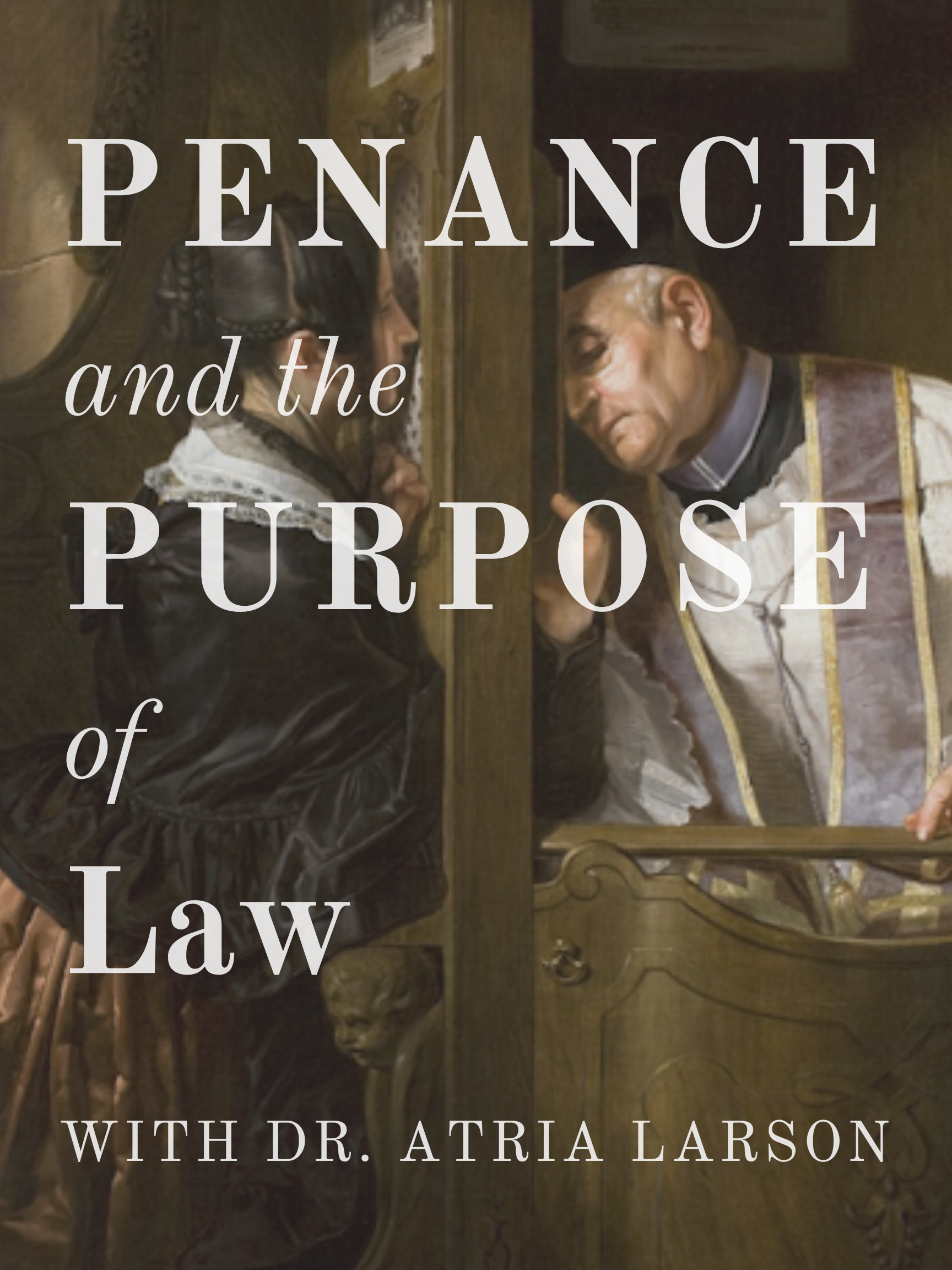 Image 1 of
Image 1 of


Penance and the Purpose of Law
It has often been remarked in Reformed circles that the third mark of the true church is the ‘right administration of discipline’. Experienced pastors and elders know that debates over discipline can tear a church apart as much as debates over preaching, sacraments, or other matters. Discipline has been a topic as perennial in the church as questions of doctrine and liturgical practices because the church constitutes, as Augustine noted, a hospital for sick sinners. This microcourse investigates the roots of Reformed discipline in a place where Reformed people rarely think to look, or even cringe to consider: medieval penitential discipline.
What we will see are fundamental principles in the Christian tradition about repentance or penance and the purpose of law that influenced early Reformed thinkers, stood in the background of Reformed casuistry, and can guide careful consideration of how to approach -- and with what rationale and what end goal -- erring church members who have sinned egregiously against God and neighbor and deeply need to be brought back into communion with both.
It has often been remarked in Reformed circles that the third mark of the true church is the ‘right administration of discipline’. Experienced pastors and elders know that debates over discipline can tear a church apart as much as debates over preaching, sacraments, or other matters. Discipline has been a topic as perennial in the church as questions of doctrine and liturgical practices because the church constitutes, as Augustine noted, a hospital for sick sinners. This microcourse investigates the roots of Reformed discipline in a place where Reformed people rarely think to look, or even cringe to consider: medieval penitential discipline.
What we will see are fundamental principles in the Christian tradition about repentance or penance and the purpose of law that influenced early Reformed thinkers, stood in the background of Reformed casuistry, and can guide careful consideration of how to approach -- and with what rationale and what end goal -- erring church members who have sinned egregiously against God and neighbor and deeply need to be brought back into communion with both.
It has often been remarked in Reformed circles that the third mark of the true church is the ‘right administration of discipline’. Experienced pastors and elders know that debates over discipline can tear a church apart as much as debates over preaching, sacraments, or other matters. Discipline has been a topic as perennial in the church as questions of doctrine and liturgical practices because the church constitutes, as Augustine noted, a hospital for sick sinners. This microcourse investigates the roots of Reformed discipline in a place where Reformed people rarely think to look, or even cringe to consider: medieval penitential discipline.
What we will see are fundamental principles in the Christian tradition about repentance or penance and the purpose of law that influenced early Reformed thinkers, stood in the background of Reformed casuistry, and can guide careful consideration of how to approach -- and with what rationale and what end goal -- erring church members who have sinned egregiously against God and neighbor and deeply need to be brought back into communion with both.

